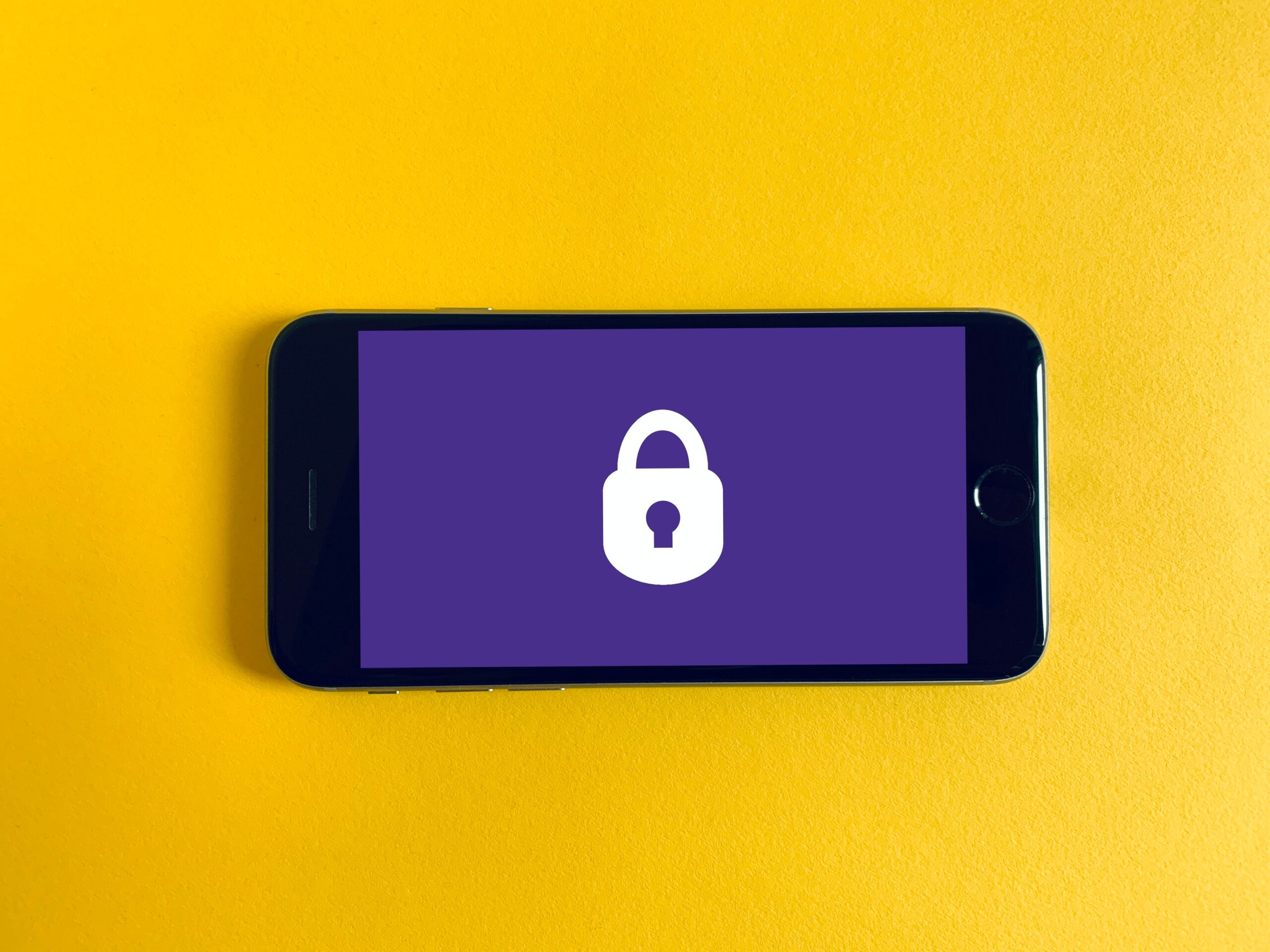In today’s interconnected digital world, online security is a critical concern for individuals and businesses alike. Cyber threats continue to evolve, targeting our sensitive information, financial resources, and even our identities. It is essential to understand these threats and take proactive measures to safeguard ourselves. This article will explore some common cyber threats and provide practical tips on how to protect yourself online.
Phishing Attacks
Phishing attacks involve fraudulent attempts to trick individuals into revealing personal information such as usernames, passwords, or credit card details. These attacks often come disguised as legitimate emails, messages, or websites. To protect yourself from phishing attacks:

1) Be cautious of unsolicited emails and messages.
2)Verify the legitimacy of links before clicking on them.
3)Avoid providing sensitive information through unsecured channels.
4)Use spam filters and email authentication tools to reduce the risk.
Malware Infections:
Malware refers to malicious software designed to disrupt, damage, or gain unauthorized access to computer systems. It includes viruses, worms, ransomware, and spyware. To protect yourself from malware infections:
1)Install reputable antivirus software and keep it up to date.
2)Regularly scan your computer for malware.
3)Be cautious when downloading files or clicking on unknown links.
4)Keep your operating system and applications patched with the latest security updates.
Weak Passwords and Credential Theft:
Weak passwords are an open invitation to hackers. They can be easily cracked, leading to unauthorized access to your accounts. To protect yourself from credential theft:

1)Use strong, unique passwords for each online account.
2)Enable multi-factor authentication whenever possible.
3)Avoid sharing passwords or using the same password across multiple platforms.
4)Consider using a reputable password manager to securely store and generate passwords.
Social Engineering Attacks:
Social engineering attacks exploit human psychology to deceive individuals and gain unauthorized access to information or systems. To protect yourself from social engineering attacks:
1)Be cautious of unsolicited phone calls or messages asking for sensitive information.
2)Verify the identity of individuals or organizations before sharing any personal or financial details.
3)Educate yourself about common social engineering techniques to recognize and avoid them.
Public Wi-Fi Risks:
Public Wi-Fi networks are often insecure and can be exploited by attackers to intercept your data. To protect yourself when using public Wi-Fi:
1)Avoid accessing sensitive information such as online banking or personal emails.
2)Use a virtual private network (VPN) to encrypt your internet connection.
3)Verify the network name and connect only to trusted networks.
4)Disable file sharing and enable firewall protection on your device.
Conclusion:
Being aware of common cyber threats and implementing security measures is crucial for protecting yourself online. By following the tips mentioned above, you can significantly reduce the risk of falling victim to cyberattacks. Remember, cybersecurity is an ongoing effort, and staying informed about the latest threats and best practices is essential for maintaining a safe online presence. Stay vigilant, adopt good security habits, and prioritize your online safety.
FAQs
What is phishing, and how can I protect myself from phishing attacks?
Phishing is a fraudulent technique where attackers try to trick individuals into revealing sensitive information. To protect yourself, be cautious of unsolicited emails and messages, verify the legitimacy of links, avoid providing sensitive information through unsecured channels, and use spam filters and email authentication tools.
What is malware, and how can I prevent malware infections?
Malware refers to malicious software that can harm your computer system or steal your data. To prevent malware infections, install reputable antivirus software, keep it up to date, regularly scan your computer for malware, be cautious when downloading files or clicking on unknown links, and keep your operating system and applications updated with the latest security patches.
How can I create strong and secure passwords?
Creating strong and secure passwords is essential for protecting your online accounts. Use a combination of uppercase and lowercase letters, numbers, and symbols. Avoid using common passwords and choose unique passwords for each account. Consider using a reputable password manager to securely store and generate passwords.
What are social engineering attacks, and how can I identify and avoid them?
Social engineering attacks exploit human psychology to deceive individuals and gain unauthorized access to information or systems. To identify and avoid them, be cautious of unsolicited phone calls or messages asking for sensitive information, verify the identity of individuals or organizations before sharing personal or financial details, and educate yourself about common social engineering techniques.
Is it safe to use public Wi-Fi networks, and how can I protect myself when using them?
Public Wi-Fi networks can be insecure and pose risks to your data. To protect yourself, avoid accessing sensitive information on public Wi-Fi, use a virtual private network (VPN) to encrypt your internet connection, verify the network name and connect only to trusted networks, and disable file sharing and enable firewall protection on your device.

